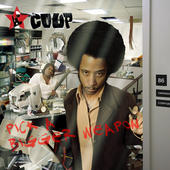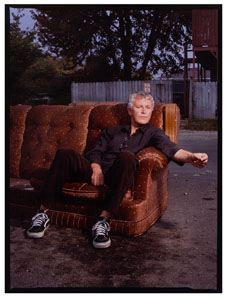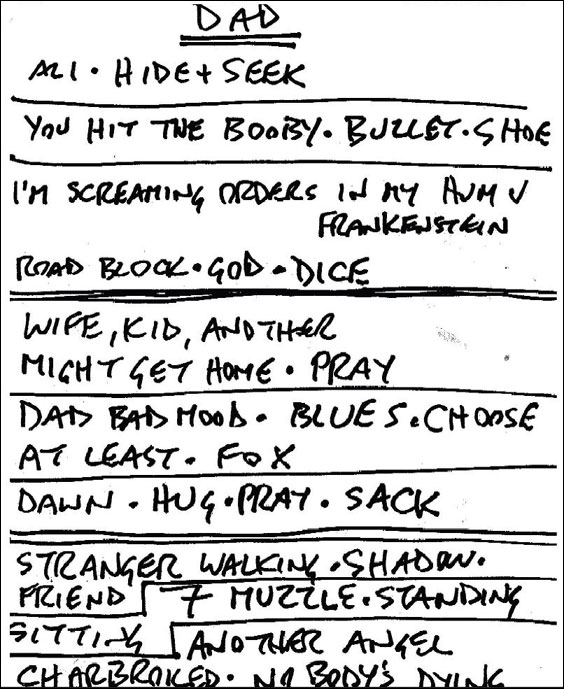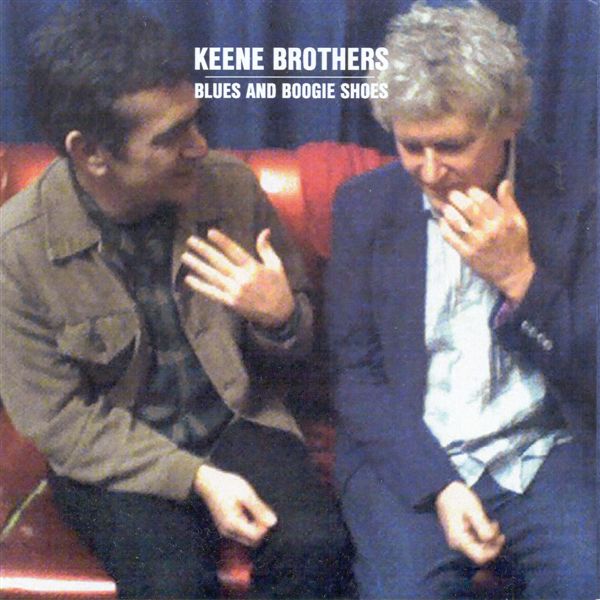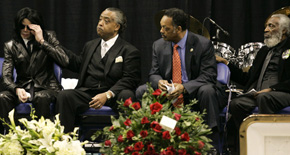
Gilberto Gil is best known as a founder, with Caetano Veloso, of the art/political movement known as Tropicalismo, which developed in the late 1960s and encompassed theatre, poetry and music, among other forms.
Now, Gil is a cabinet minister in Lula’s government in Brazil and in that role is integrating the “share, reuse, remix” approach of the Creative Commons movement into Brazilian policy on intellectual property.
Here’s a story about Gil’s current work from the International Herald Tribune.International Herald Tribune
Gilberto Gil and the politics of music
By Larry Rohter
Monday, March 12, 2007
Click here to find out more!
SALVADOR, Brazil: On Wednesday the Brazilian minister of culture, Gilberto Gil, is scheduled to speak about intellectual property rights, digital media and related topics at the South by Southwest Music and Media Conference in Austin, Texas. Two nights later the singer, songwriter and pop star Gilberto Gil begins a three-week North American concert tour.
Rarely do the worlds of politics and the arts converge as unconventionally as in the person of Gil, whose itinerary includes a solo performance at Carnegie Hall on March 20. More than 40 years after he first picked up a guitar and sang in public, Gilberto Passos Gil Moreira is an anomaly: He doesn’t just make music, he also makes policy.
And as the music, film and publishing industries struggle to adapt to the challenge of content proliferating on the Internet, Gil has emerged as a central player in the global search for more flexible forms of distributing artistic works. In the process his twin roles have sometimes generated competing priorities that he has sought to harmonize.
As a creator of music, he is interested in protecting copyrights. But as a government official in a developing country celebrated for the creative pulse of its people, Gil also wants Brazilians to have unfettered access to new technologies to make and disseminate art, without having to surrender their rights to the large companies that dominate the culture industry.
“I think we are moving rapidly toward the obsolescence and eventual disappearance of a single traditional model and its replacement by others that are hybrids,” Gil said in a February interview at his home here in northeast Brazil, one day before the start of Carnival. “My personal view is that digital culture brings with it a new idea of intellectual property, and that this new culture of sharing can and should inform government policies.”
Raised in the poor, arid interior of the Brazilian northeast, Gil, 64, has been straddling disparate worlds most of his life. No black Brazilian had ever served as a cabinet minister before he was appointed four years ago, and as a young man fresh out of college, he worked for a multinational company at a time when few black Brazilians had access to such jobs. Later, during a military dictatorship, he was jailed and then forced into exile in Britain.
After returning to Brazil in the 1970s, he made records that urged black Brazilians to reconnect with their African roots, and was an early champion here of Bob Marley and reggae. But Gil has also read widely in Asian philosophy and religions and follows a macrobiotic diet, leading the songwriter, producer and critic Nelson Motta to describe his style as “Afro-Zen.”
In person Gil is warm, calm and engaging, a slim, dreadlocked figure with an elfin, humorous quality that tends to disarm critics. As both individual and artist, he has always tended to be open-minded and eclectic in his tastes; the poet Torquato Neto once said of him, “There are many ways of singing and making Brazilian music, and Gilberto Gil prefers all of them.”
A fascination with technology has been another constant in Gil’s long career. He wrote his first song about computers, called “Electronic Brain,” back in the 1960s, and has regularly returned to the theme in compositions like “Satellite Dish” and “On the Internet,” which was written in the early 1990s.
One of Gil’s first actions after becoming culture minister in 2003 was to form an alliance between Brazil and the nascent Creative Commons movement. Founded in 2001, Creative Commons is meant to offer an alternative to the traditional copyright system of “all rights reserved,” which the movement’s adherents believe has impeded creativity and the sharing of knowledge in the Internet age.
In its place Creative Commons has devised a more flexible structure that allows artists to decide what part of their copyright they wish to retain and what part they are willing to share with the public. With input from Gil and many others, the organization has created licenses that permit creators and consumers to copy, remix or sample a digital work of art, so long as the originator is properly credited.
As culture minister Gil has also sponsored an initiative called the Cultural Points program. Small government grants are issued to scores of community centers in poor neighborhoods of some of Brazil’s largest cities to install recording and video studios and teach residents how to use them.
The result has been an outpouring of video and music, much of it racially conscious and politically tinged rap or electronica. Since Brazilian commercial radio, which is said to be riddled with payola, will not play the new music, the creators instead broadcast their songs on community radio stations and distribute their CDs independently, at markets and fairs, rather than through existing record labels.
Brazil’s official stance on digital content and intellectual property rights is in large part derived from Gil’s own experience. In the late ’60s he and his close friend Caetano Veloso, along with a handful of others here and in São Paulo, started the movement known as Tropicalismo, which blended avant-garde poetry, pop influences from abroad and home-grown musical styles then scorned as corny and déclassé.
Since Gil became minister, Brazilian government spending on culture has grown by more than 50 percent, testimony both to his prestige and negotiating skills. As minister he has devoted time to selling Brazilian music abroad, but has also labored to draw attention to Brazilian film, painting, sculpture and literature in foreign markets.
“One thing to remember about Gil,” said Hermano Vianna, an anthropologist, writer and a leading figure in Brazil’s digital culture movement, is that “he sees culture not just as art, but also as an industry. To Gil culture is not just an accessory but an important part of the economy and even a motor of economic development.”
Over the last four years, though, Gil has cut way back on his own performances, the part of being a musician he says he enjoys most, and nearly stopped recording. His most recent disc, “Gil Luminoso,” is a collection of 15 of his songs that he rerecorded in 1999 with just voice and guitar, to accompany a book about him.
Why give up something as gratifying as playing music for the wear and tear of public administration? “Life is not just pleasure,” he said. “The first phrase of the Vedic scriptures is that ‘All is suffering.’ Difficulty is stimulating, challenging, it’s an element of the pulse of life.”
Besides, he is at a point in life “where I no longer want to have a commitment to my career, in the classical sense of a profession,” he said. “I no longer see music as a field to be exploited. I see it now as an alternative area of action, part of a broad repertory of possibilities that I have. Music is something visceral in me, something that exudes from me, and even when I’m not thinking about it, I will still be making music, always.”
International Herald Tribune Copyright © 2007 The International Herald Tribune | www.iht.com
